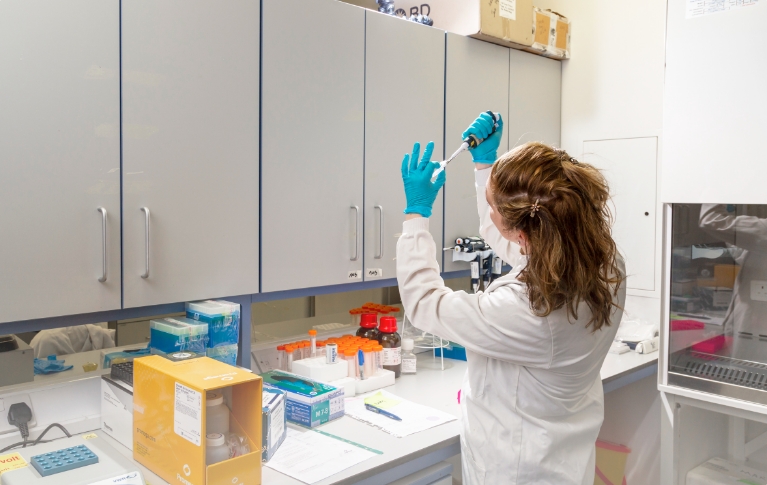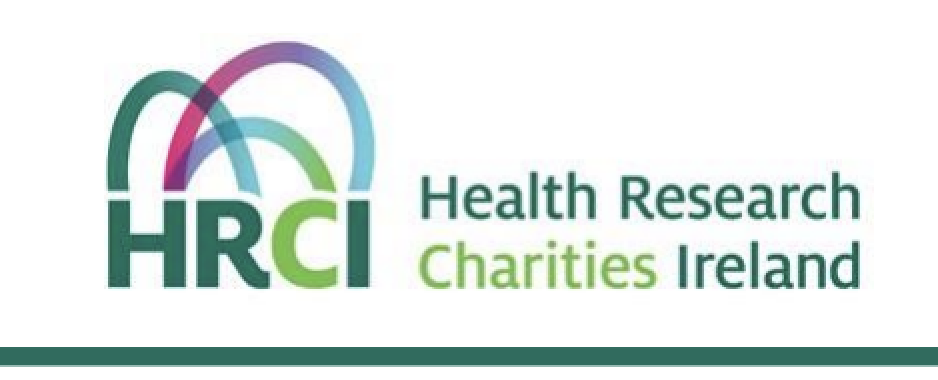What is personalised medicine?
Personalised medicine is an approach to healthcare that takes into account an individuals unique genetic, environmental and lifestyle factors in order to tailor medical treatments and preventive measures to their specific needs. The goal of personalised medicine is to provide more targeted and effective treatments that can improve outcomes, reduce side effects and save costs.
So, why are biobanks important?
Biobanks are important for the development of personalised medicine because they provide a large repository of biological samples and associated data that can be used to identify genetic and environmental factors that contribute to the development of diseases. This information can then be used to develop targeted, personalised treatments that are tailored to an individuals specific genetic makeup and medical history.
Ways biobanks support personalised medicine development:
- Large samples sizes: Biobanks typically contain large numbers of biological samples from individuals with a wide range of medical histories and genetic backgrounds. This provides researchers with a large diverse pool of data to study, which can help to identify genetic variations that contribute to disease development and progression.
- Longitudinal data: Biobanks often collect longitudinal data, which means that they track changes in an individual’s health over time. This type of data can be used to identify biomarkers that may be used to predict disease onset or progression, which can help to inform personalised treatment plans.
- Genetic and phenotypic data: Biobanks collect both genetic and phenotypic data, which provides researchers with a comprehensive view of an individual’s health. This information can be used to identify genetic mutations that may contribute to disease, as well as environmental factors that may influence disease development.
- Improved treatment outcomes: By identifying genetic variations that contribute to disease, researchers can develop targeted, personalised treatments that are tailored to an individual’s specific needs. This can lead to improved treatment outcomes and better patient outcomes.

Overall, biobanks provide a crucial resource for researchers who are working to develop personalised medicine. By studying large number of biological samples and associated data, researchers can identify genetic and environmental factors that contribute to disease and develop targeted treatments that are tailored to an individual’s specific needs.





